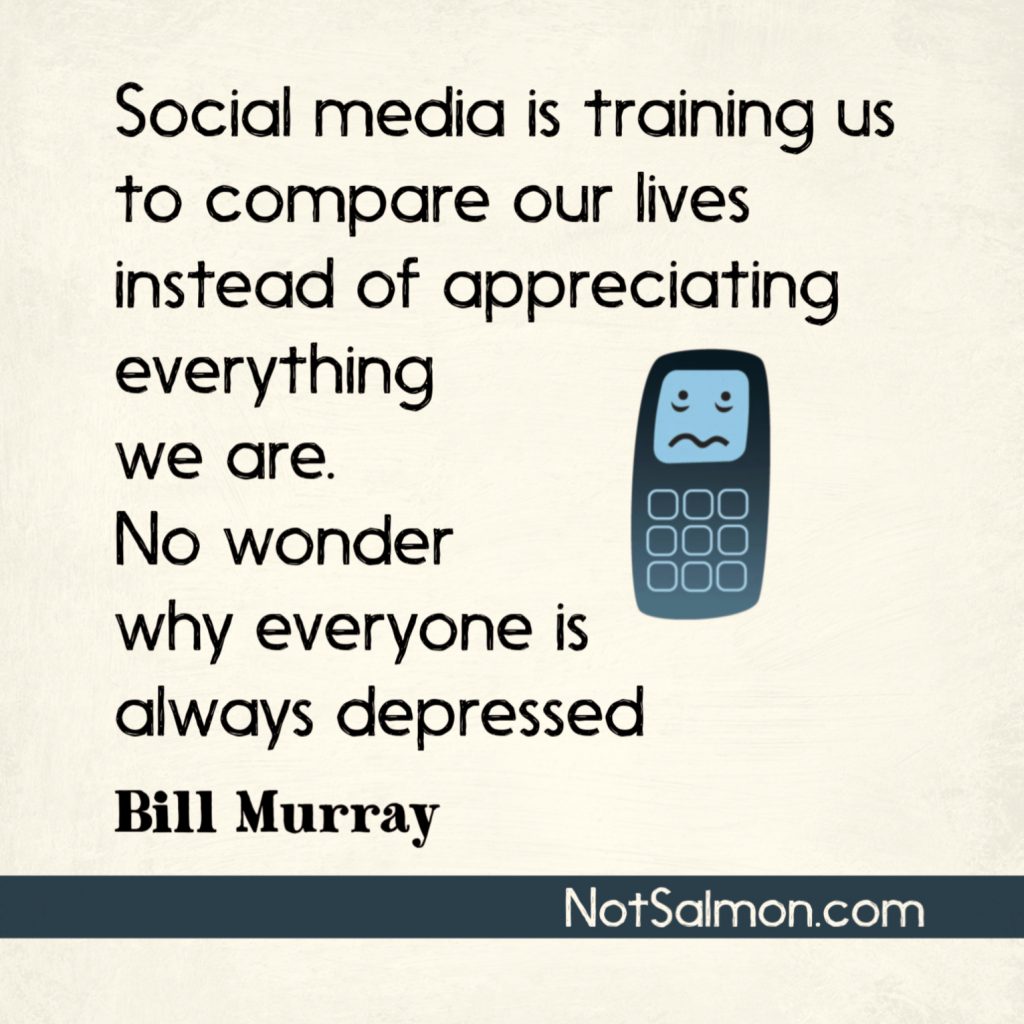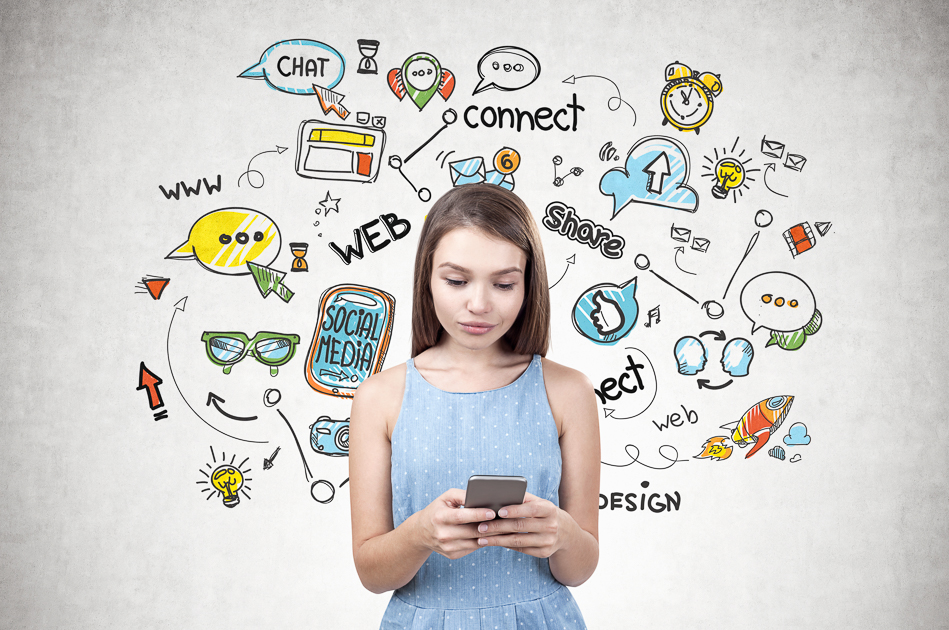

In fact, when used properly, social media can feed teens' need for social connection in healthy ways. The APA's chief science officer also made clear that social media and the study of it are both too young to arrive at many conclusions with absolute certainty. In fact, research has found that social media can actually make some teens feel lonelier 3. In other words, social media offers the 'empty calories of social interaction,' that appear to help satiate our biological and psychological needs, but do not contain any of the healthy ingredients necessary to reap benefits." And these cycles, Prinstein warned, "create the exact opposite qualities needed for successful and adaptive relationships (i.e., disingenuous, anonymous, depersonalized).

The problem is, social media platforms often (though not always) emphasize metrics over the humans behind the "likes" and "followers," which can lead teens to simply post things about themselves, true or not, that they hope will draw the most attention. What's the right kind, you ask? According to Prinstein, it's interactions and relationship-building "characterized by support, emotional intimacy, disclosure, positive regard, reliable alliance (e.g., 'having each other's backs') and trust." Social media platforms often traffic in the wrong kind of social interaction.

But is the kind of social interaction they offer healthy? 2. This helps explain why social media platforms have grown so big in a relatively short period of time.


 0 kommentar(er)
0 kommentar(er)
